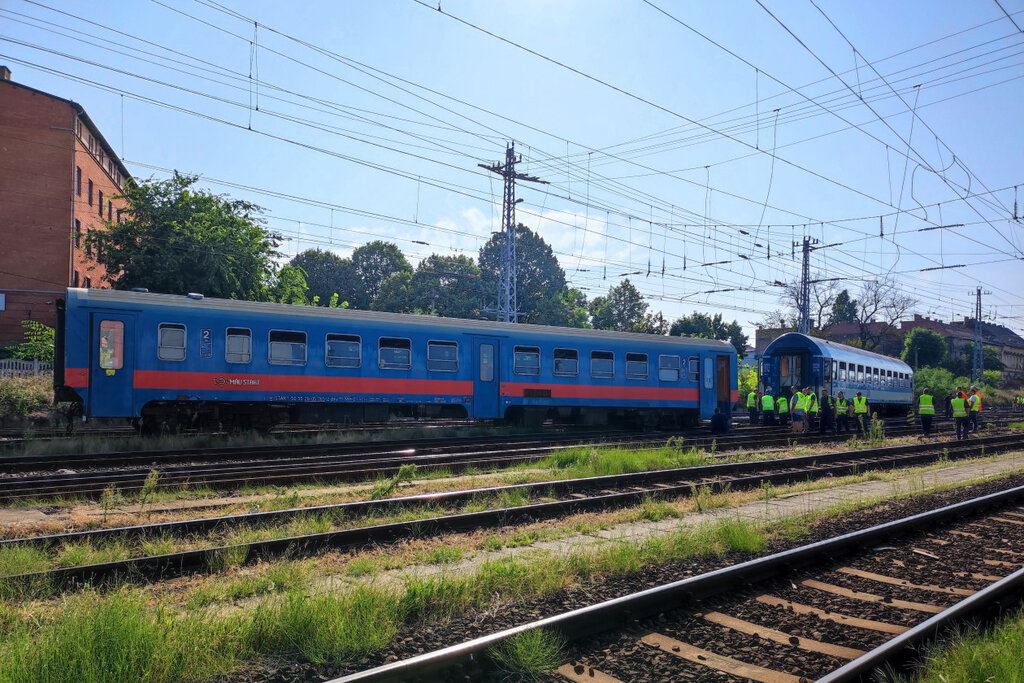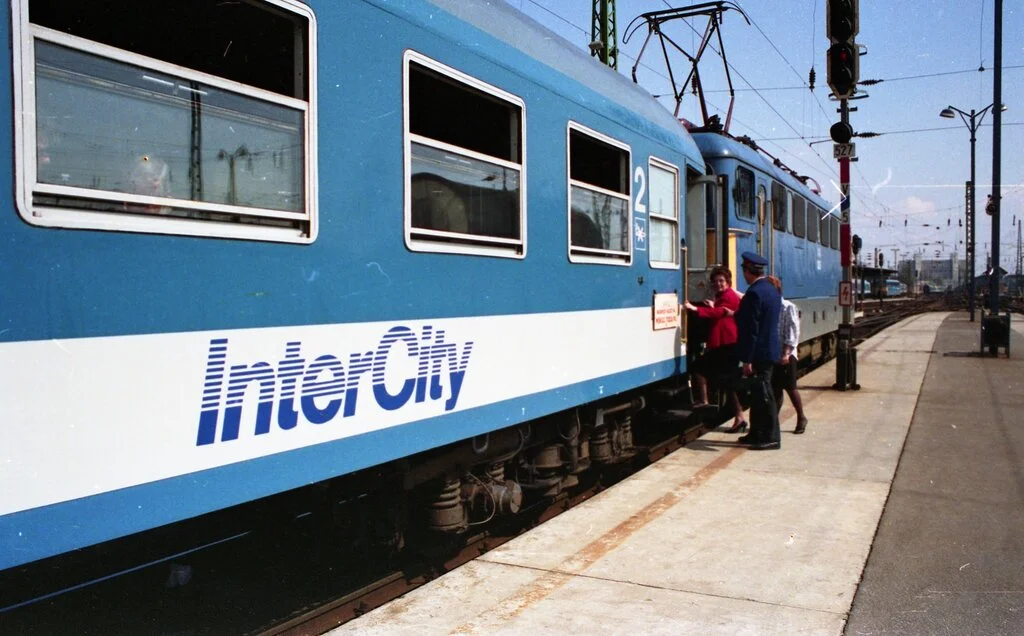Change language:
Structural issues at MÁV: Recent disruptions expose deep problems in Hungarian rail network

While the recent delays, cancellations, and closures at MÁV were triggered by unrelated accidents and errors, the disruptions in recent days highlight the deep-rooted structural issues within Hungarian rail transport. These problems are unlikely to be resolved in the near future.
G7 described the situation as a near-collapse of domestic rail transport on several lines. At first glance, it might appear that MÁV has been struck by a series of unfortunate events. However, this chaos was only a matter of time, as the recent incidents underscore the underlying structural problems.
The series of issues began on Saturday, 24 August, around noon, when a broken rail halted rail services on the South Balaton line, which is especially busy during summer. MÁV attempted to handle the situation with replacement buses, but there were not enough to accommodate all passengers. While traffic resumed by 5 PM, trains could only move at a reduced speed of 20 km/h.

On Sunday evening, five cars of an InterCity train derailed on the access track near Keleti station, which serves hundreds of thousands of passengers daily. This accident led to the station’s closure. On Monday morning, two separate hit-and-run incidents occurred on MÁV lines in different parts of the country, at Mezőkövesd and Felsőgöd, causing further disruption on what was already a problematic day for traffic.
Following the issues at Keleti, Nyugati station also faced serious disruptions due to a broken rail on the Cegléd line on Monday morning. Trains could run on only one track between Kőbánya alsó and Nyugati, resulting in delays of 20 to 40 minutes. Later that morning, Déli station, the third major station in Budapest, was shut down after the Kék Hullám InterCity from Szombathely collided with a truck.
The future of MÁV remains uncertain and raises many concerns

Experts say that one of the biggest problems is the government’s long-term failure to provide sufficient funding for rail network maintenance.
This has caused significant delays in necessary repairs on most main lines, particularly around Budapest’s railway stations and the lines leading to the capital.
Recently, János Lázár, the Minister of Construction and Transport, announced a rail track renewal program valued at nearly HUF 900 billion (EUR 2.289 billion), expected to begin next year. However, this program does not cover the sections in the capital and only addresses the most problematic parts of the main lines.
Moreover, there is little sign of genuine development; the plan seems to aim merely at maintaining the infrastructure at the level of the 1970s and 1980s. This means that train speeds will remain capped at a maximum of 120 km/h.
Transport expert and former state secretary Dávid Vitézy also highlighted the lack of maintenance and improvements in Budapest. He noted that the capital suffers from a decades-long infrastructure deficit, with its main stations and the tracks leading to them in a worse state than most main lines in the countryside. There were plans for upgrades, but these were reportedly halted by János Lázár.
Although experts agree that immediate action is necessary, the chances for quick improvement are slim. Rail upgrades are complex and time-consuming, taking six to seven years to plan and build. Given that no plans are currently in place, the structural problems that caused the current disruptions may only be addressed by the early 2030s, G7 concludes.
Read also:







